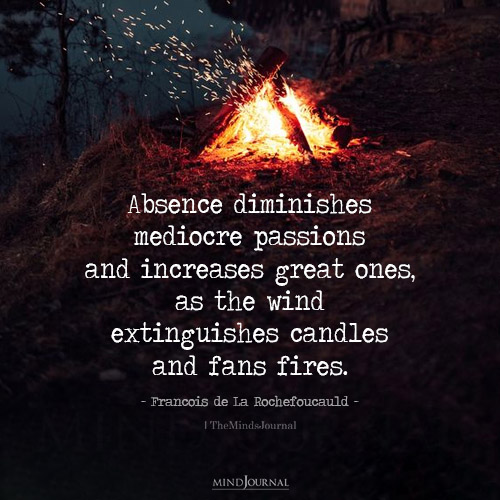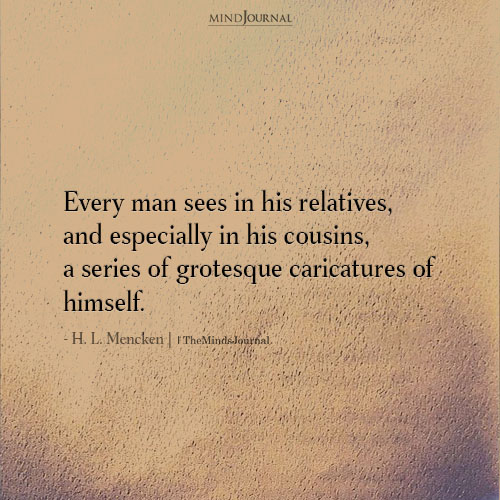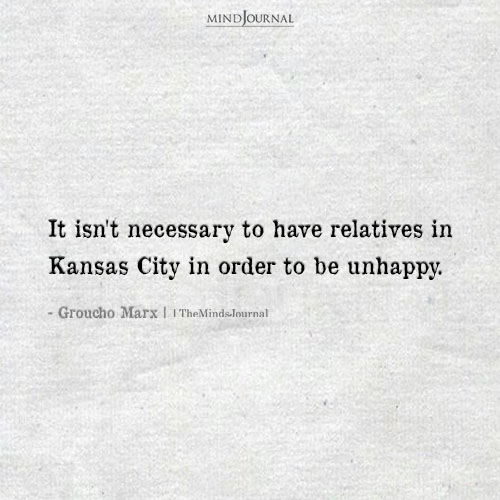This chapter of my life is called: Now that I know better, I must do better.
– Maya Angelou
This quote by Maya Angelou, “This chapter of my life is called: Now that I know better, I must do better,” encapsulates a profound reflection on personal growth and responsibility. Here’s a detailed breakdown of its meaning:
“This chapter of my life is called”:
Angelou begins by metaphorically referring to a new phase in her life as a chapter. This literary analogy implies a continuous journey where life is divided into different segments, each with its own lessons, experiences, and opportunities for growth. By calling it a “chapter,” Angelou suggests that life is an evolving story where past events lead to new beginnings.
“Now that I know better”:
This phrase acknowledges a crucial moment of realization or enlightenment. It signifies that Angelou has gained new knowledge, wisdom, or understanding that she did not possess before. This newfound awareness might be the result of personal experiences, mistakes, learning, or self-reflection. It emphasizes the importance of education, both formal and experiential, in shaping one’s character and perspective.
“I must do better”:
In this concluding segment, Angelou emphasizes the moral responsibility that comes with new knowledge. It is not enough to merely recognize past mistakes or gain new insights; one must also act upon this knowledge to improve oneself and one’s actions.
This commitment to doing better underscores a sense of accountability and the desire for continuous self-improvement. It reflects a proactive attitude towards personal development and the betterment of one’s character.
In essence, Angelou’s quote is a powerful statement about the ongoing journey of self-improvement and the ethical obligation to act upon newly acquired knowledge. It highlights the idea that learning and growth are continuous processes, and each new understanding or insight should lead to tangible, positive changes in behavior and actions.
By emphasizing the concept of “knowing better” and “doing better,” Angelou encourages individuals to strive for excellence and integrity. This quote serves as a reminder that true growth comes not just from acquiring knowledge but from applying it in ways that lead to personal and societal betterment.
Furthermore, the quote invites reflection on the importance of self-awareness and the willingness to change. It suggests that personal growth involves recognizing past mistakes, learning from them, and making conscious efforts to improve. This approach to life fosters resilience, adaptability, and a commitment to ethical living.
In conclusion, Maya Angelou’s quote offers a timeless lesson on the significance of continuous self-improvement and the responsibility that comes with knowledge. By highlighting the transformative power of learning and the moral imperative to act upon it, Angelou inspires individuals to embrace each new chapter of their lives with a commitment to doing better. This approach not only enhances personal well-being but also contributes to a more just and compassionate society.
Read: 50 Beautiful Maya Angelou Quotes That Celebrate Love and Life
Maya Angelou Quotes, quotes about maya angelou, best maya angelou quotes, short maya angelou quotes, famous maya angelou quotes, maya angelou quotes about life, Life Quotes, quotes about life, life quotes deep, live life quotes, best life quotes, living life quotes, positive life quotes








Leave a Reply
You must be logged in to post a comment.